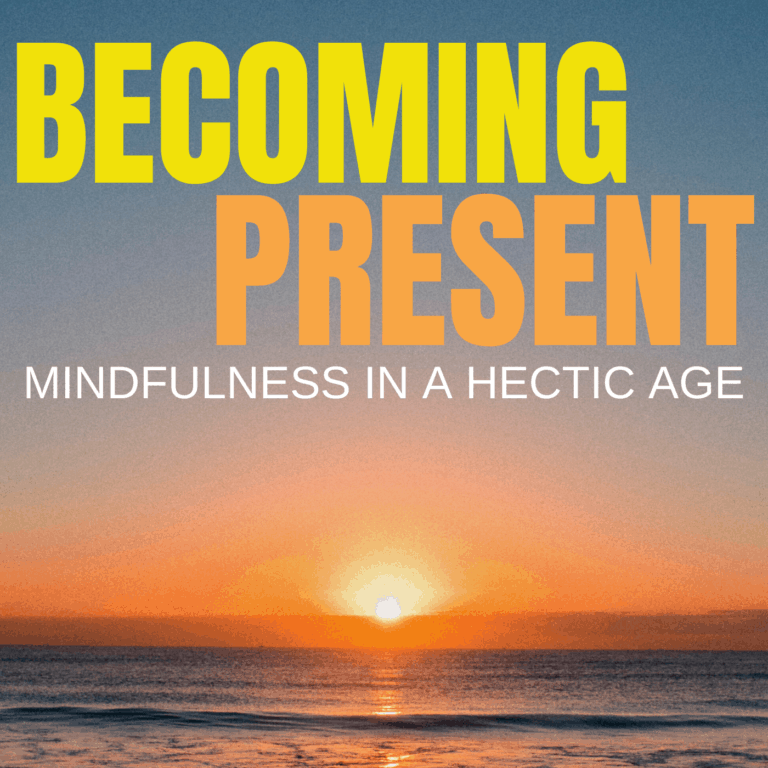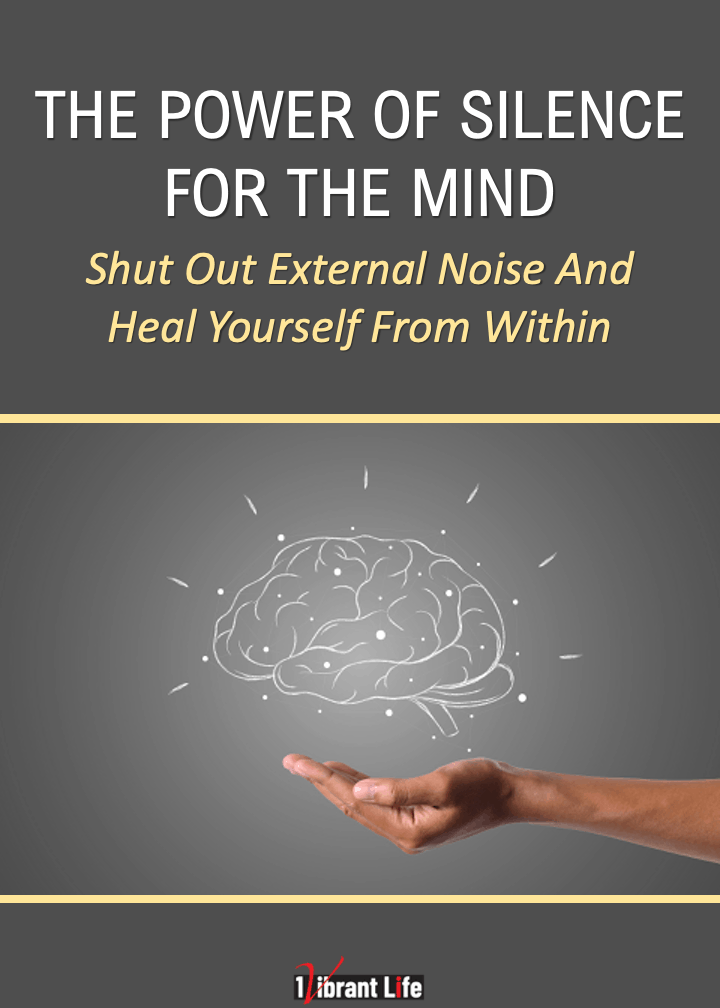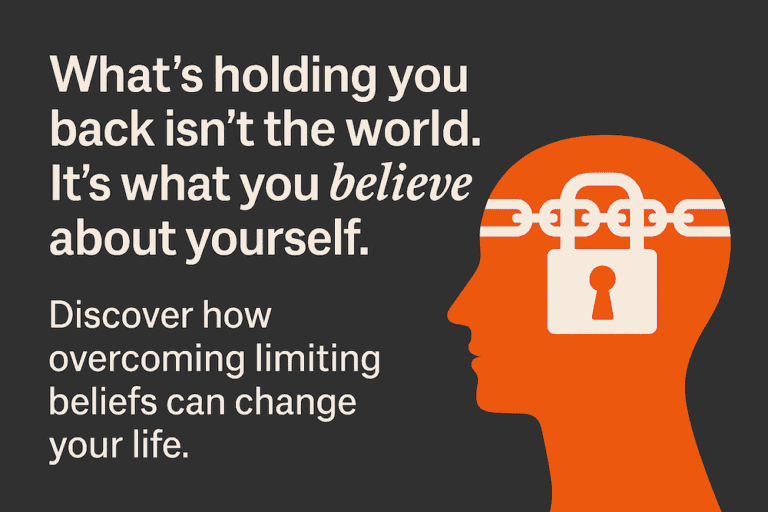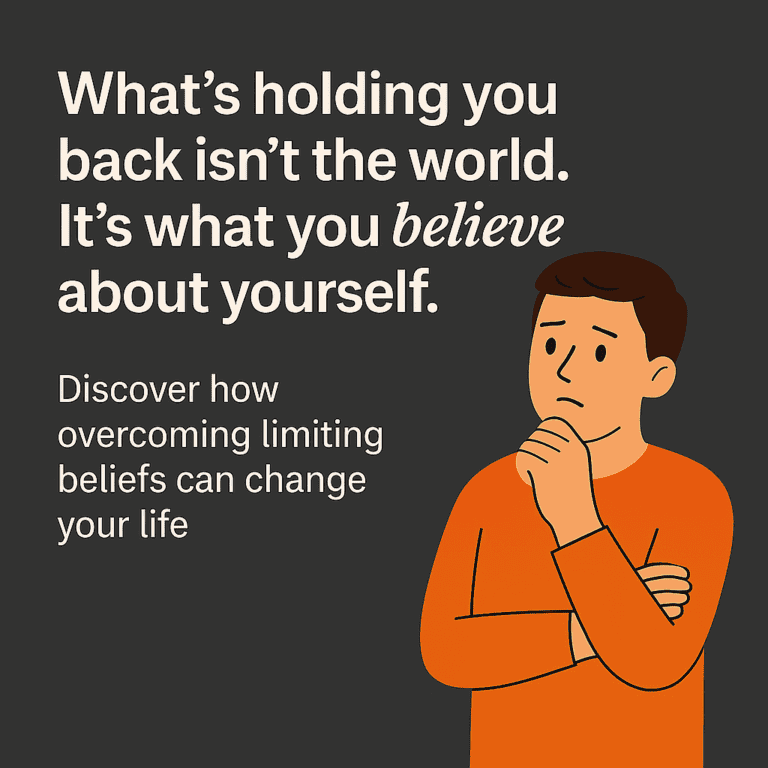Helping Others In Need Benefits You and Your Life
When faced with the opportunity of helping others in need, whether in the form of volunteering, charitable giving, or any other act of kindness, it makes sense that many of us will recall one tried-and-true reminder: you only get what you give. Here are some key reasons why helping others benefits you and adds so much more to your life.

“I must be willing to give whatever it takes to do good to others. This requires that I be willing to give until it hurts. Otherwise, there is no true love in me, and I bring injustice, not peace, to those around me.” Mother Teresa
Katelyn Redfoot | March 20, 2021
A Therapist’s Perspective on why helping others benefits you.
In recent years, there’s been growing interest in Positive Psychology – that is, the scientific study of what makes life most worth living. Helping others has been shown to be highly effective as offering benefits at an individual level as well as a societal level.
Time and time again we hear people in caring professions such as teaching, nursing, and aid work speak about the non-financial benefits they get from supporting and helping others in need. That’s certainly the case for me as a Therapist.
This blog provides a comprehensive look at the many emotional, physical, and mental well-being benefits that result from helping others, along with plenty of practical ideas about how you can help others to benefit you and your life.
Helping Others Benefits You
Our lives are comprised of a series of choices that only we can make, regardless of whether we’ve given it much thought in advance or feel that we have significant control.
Every day we decide things like what to eat, which relationships we focus on, how we spend our money, and, especially, how we spend our time.
Ideally, we make the healthiest and wisest choices possible within all these categories for the sake of our health and wellbeing.
Yet, we are not every day the most mindful of how we spend our time. Still, time is something that we all value.

eBook

Audio eBook

eBook
Three personal growth tools for you as a gift for visiting 1VibrantLife.com
The psychology of how helping others benefits you
Every day we hear about or encounter acts of heroism or altruism – people giving money to homeless people on the street or even saving the life of another.
There are also those who regularly demonstrate prosocial behavior, meaning they will do something to benefit another person despite any motive behind or potential benefit of that action.
So, in the matter of getting what you give, there is certainly a positive correlation between the effort one puts in and what he or she receives. But the thing about giving to others in need is that it is not usually an equal trade.
Despite this, helping others is often described as the secret to happiness, so why is this?
From cultivating gratitude to reducing stress levels, there are numerous benefits of helping others that can be primarily explained by the science of the mind.
Every time we do something to help another person in need, particularly with no expectation of reward, it nevertheless activates the brain’s reward centers.
Acting out of compassion is associated with the brain’s reward system.
This circuit produces feelings of pleasure when it’s active, typically caused by doing something we enjoy, eating good food, or being in love.
This means that when we help others, the brain takes note that what we are doing is important and is something worth repeating and remembering.
Can you remember the last time you did a good thing for someone else, such as a friend or a stranger?
Whatever it was, no matter how big or small of a deed you perceive it to be, you likely felt a sense of fulfillment, satisfaction, or gratification.
The positive feelings we get upon engaging in prosocial behavior drive generous behavior because they reinforce our sense of connectedness and relatedness to others, helping us meet basic psychological needs.
“You give but little when you give of your possessions.
It is when you give of yourself that you truly give.”
― Kahlil Gibran
The emotional benefit of helping others in need
Research suggests that helping others in need helps us feel better and happier and manage our stress.
One study showed that those who performed daily acts of kindness were less stressed and experienced fewer feelings of negativity than they did on the days that they could not commit acts of kindness.
In addition to stress, every day we deal with various emotions, and it is critical that we know how to manage them in a healthy way.
For instance, sometimes, we rely on a friend or therapist to help us when our feelings of sadness or anxiousness feel overwhelming; this ability to exert control over our emotional state is known as emotional regulation.
At the same time, we might offer other support when a family member goes through a hard time or our partner has had a tough day at work.
When we engage in the social regulation of emotion by comforting others and helping them navigate stressful situations, we enhance our own emotional wellbeing because we strengthen our own emotional regulation skills.
This is to say that helping others in need is not limited to charitable giving or volunteering time.
The growth of your emotional well-being is a critical part of how helping others benefits you.
When it comes to helping people in need, you shift your focus away from yourself and onto those in need.
Getting involved shifts our perspective; it allows us to be less consumed by the anxious thoughts in our minds or stressful situations in our lives.
The other thing that helps us minimize these unhelpful or self-defeating thoughts and behaviors is the sense of accomplishment and pride we get from contributing to society.
It is an empowering feeling to contribute to improving others’ lives, and it can enhance our sense of self-worth and value.

The physical benefits of helping others in need
As mentioned, helping others can help reduce stress, which is not only something that impacts our emotional wellbeing but our physical wellness as well.
Stress is a natural defense mechanism, and in the situations where it is needed, it is helpful. Stress alerts us by kicking our senses into overdrive, increasing both our heart rate and blood pressure.
The problem is not the stress itself, but experiencing too much stress and too often.
Stress takes a toll on both our short and long-term health and unfortunately, the longer we go without managing it well, the harder it becomes to manage.
Often it will manifest as chronic stress or anxiety, in which we experience the symptoms of stress even when we are not in the face of danger.
There are many ways to manage stress, and often we turn to things like yoga, meditation, or journaling to feel better.
Yet, it is not all that often we talk about volunteering or helping others in need to cope with the adverse impact of stress, although it is shown to lower blood pressure and decrease the risk of hypertension.
The interesting thing about stress is that if we can address it from a physical angle, we, in turn, reduce the anxious and depressive thoughts that come along with it.
The mind and body are so closely connected, and stress is a prime example of how we can heal multiple elements of our wellbeing through something as simple as volunteering a fraction of our time.
Between both the emotional and physical body benefits of helping others in need, from managing stress to reducing depression, it is believed that helping others contributes to our long-term health and increases our lifespan.
How helping others benefits your social wellbeing
A healthy social life is essential to having a happy life and our wellness as well.
Our social wellbeing is not just about having friends and communication skills; it entails having a support group and a place where you are respected, which is something you can gain if you were to volunteer with the same group regularly, for instance.
Yet even if you did not do this, the fact is that investing any of your time or resources will enhance your sense of belonging, thereby reducing feelings of loneliness.
When we are less isolated and more connected to other human beings, we experience improved physical and mental health, along with a greater level of happiness.

“For it is in giving that we receive.”
― St. Francis of Assisi
How Helping Others Promotes Your Spiritual Wellness
Spiritual wellness is not necessarily about engaging in prayer, religion, or even meditation.
It just means that you have values that guide you and give your life more meaning and direction, and things like volunteering and charitable giving are excellent ways to attain this.
It’s also worth noting the connection between gratitude and giving back.
Research shows that appreciation inspires us to give back and influences how much we do. So, what about the gratitude we cultivate from giving back?
Merely being able to donate or help someone in need in some other way can make us grateful for what we have.
The bottom line is that those who notice the positive in the world are more likely to help others and engage in these helpful behaviors regularly.
Here again, we see this idea of reciprocity or the cyclical nature of giving – it’s not only in terms of the connection between emotional and physical health but also in inspiring positive change.
In Conclusion – The impact of giving back
From holding the door open for some other person to showing concern for another’s wellbeing, social psychologists are still attempting to determine what initially inspires these acts of kindness, but what we do know is how they impact us.
So, perhaps the question worth asking then is why do we continue helping others in need? Do we do it because we are aware of the benefits? Because we know that to some degree, we only get what we give?
When we give to others in need, no matter the reason, we create a positive feedback loop, a self-perpetuating behavior pattern where the result reinforces the initial behavior.
So when someone does a good deed, they are more likely to do it again.
Not only does that person find motivation and momentum in their own compassion and altruism, but when others observe these charitable acts, they are more likely to follow suit.
In other words, giving is contagious, and when you choose to sacrifice even one valuable time slot or resource for another, the effect can ripple through your community and out into the world.

Author, Katelyn Redfoot –
Katelyn is one of our favorite and most talented writers. Katelyn is an independent writer based in North Carolina and holds a Public Relations degree from Appalachian State University. She is a lifelong learner and health and wellness advocate. Katelyn is also a wife, a mom, and a happy, resilient new puppy owner.

Claire Law is a UK-based Counsellor and Psychotherapist from Preston, Northern England. Claire became a therapist after a career of almost two decades of High School teaching experience. She’s also worked extensively in the Social Care and Charity Sectors, and as a Mental Health Advisor in Higher Education. Claire combines her current Psychotherapy practice with freelance writing on Mental Health, Wellbeing and Psychology topics. She has a passion for Social Justice and environmental causes.
Claire holds a degree from Nottingham University, a Post Graduate Certificate in Education from Leeds Trinity University College and a Post Graduate Diploma in Integrative Psychotherapy from the University of Central Lancashire. She’s completed a wide range of extensive training and certifications in Domestic Abuse, Survivors of Sexual Abuse & Sexual Violence, Suicide and Self-Harm, Expressive Arts Therapy, Gender Variance, Online and Telephone Counselling and Polyvagal Regulation developed by Stephen Porges, a professor of psychiatry at the University of North Carolina and “Distinguished University Scientist” at Indiana University.

My Name is Marty Ward and I’m the creator and publisher of the 1-Vibrant-Life blog.
On March 8th, 1984, I sustained a traumatic brain injury in a car accident while I was driving to my day job.
At the time of the accident, I was having a fairly successful life as a musician in Chicago, which had included a recent appearance on Star Search 84′ with Ed McMahon and preparing to be included in the group’s major independent recording contract.
However, after my accident, I was unable to perform or play my instrument. I was out of work and I had lost all confidence in myself and my abilities, felt lost and with no direction.
My injury and my recovery led me down a path of self-improvement, and self-discovery which gave me my life back filled with many amazing experiences and a newfound sense of hope. Learn more about my story on the 1-vibrant-life about page.
CBTCP Certification (Cognitive Behavioral Therapy Certified Practitioner) | 10-16-2021 Certification From The Academy of Modern Applied Psychology, in The Transformative Science of Cognitive Behavioral Therapy, CBT



